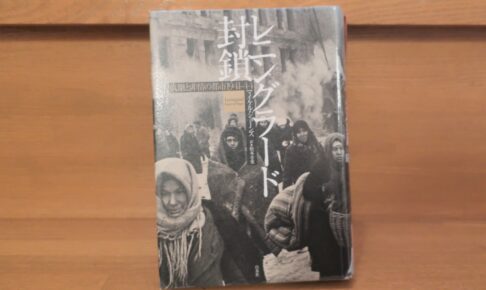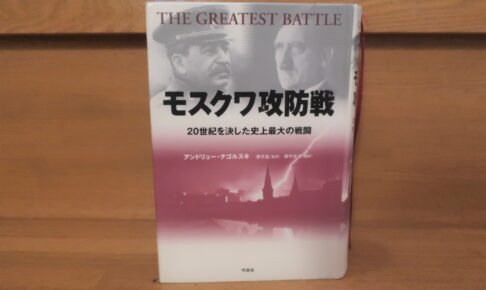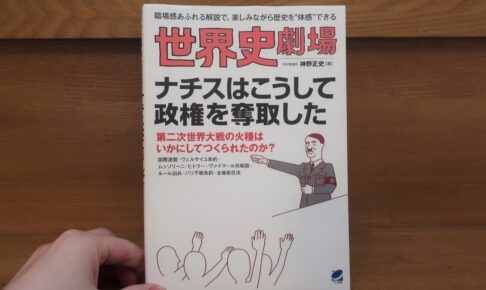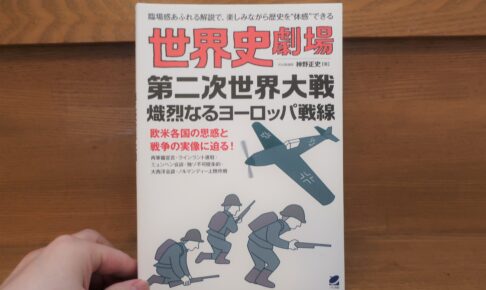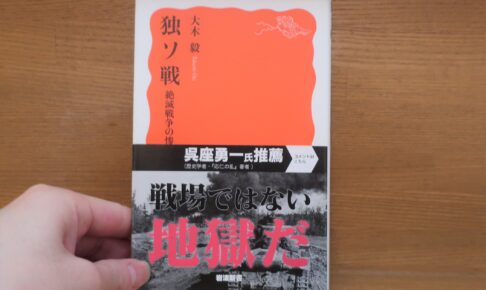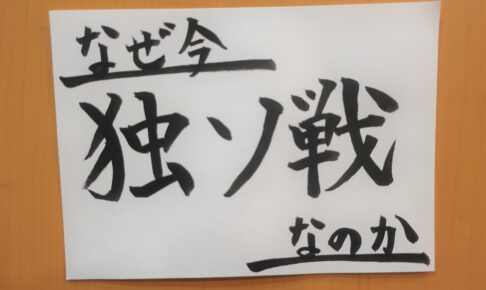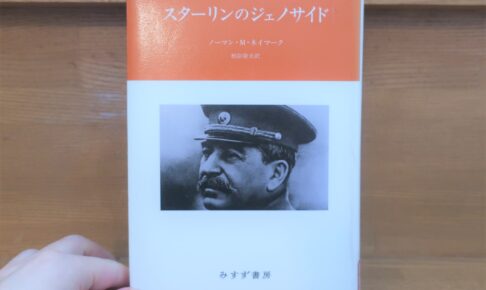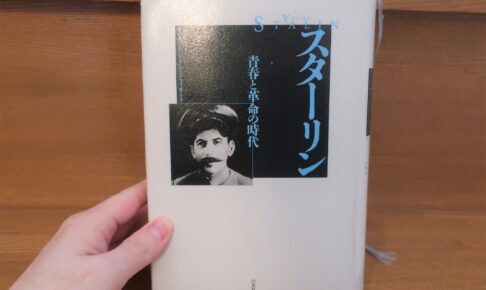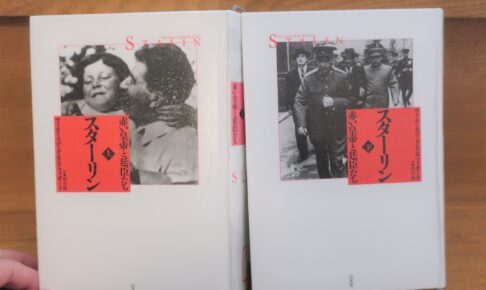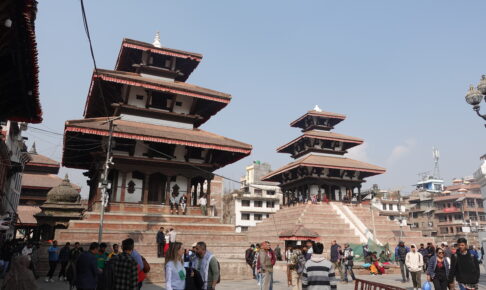The Leningrad Blockade: Starvation and Ruthlessness in the City 1941-1944" - The siege of St. Petersburg that left over 800,000 people starving to death.
This book is so shocking. The descriptions are quite intense. The citizens of Leningrad had to live in a hellish world. The book tells the story of how the citizens were starving and dying in droves. What were people doing to survive? What was happening there? One can only shudder at the horror of the situation, with over 800,000 people starving to death....
The Siege of Leningrad is a must-read to learn about the horrors of the war between Germany and the Soviet Union. Bullet-riddled battlefields are not the only kind of warfare. Strategic sieges in which civilians are starved to death are another major form of warfare.
This book is one of the best books to learn about such things. It is a book that requires a lot of preparation to read, but I highly recommend it.












